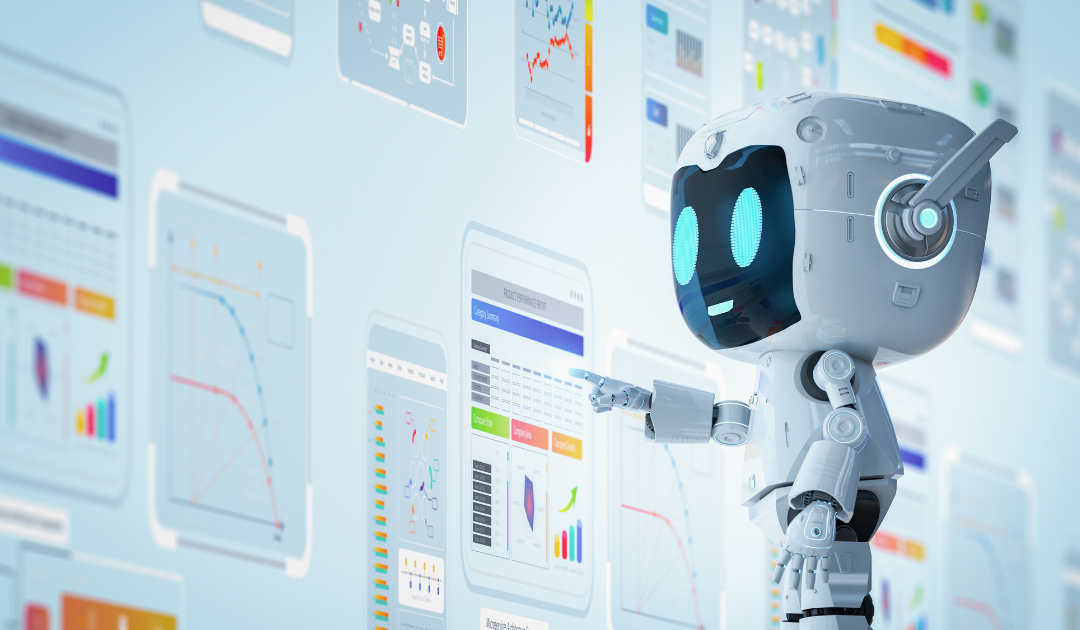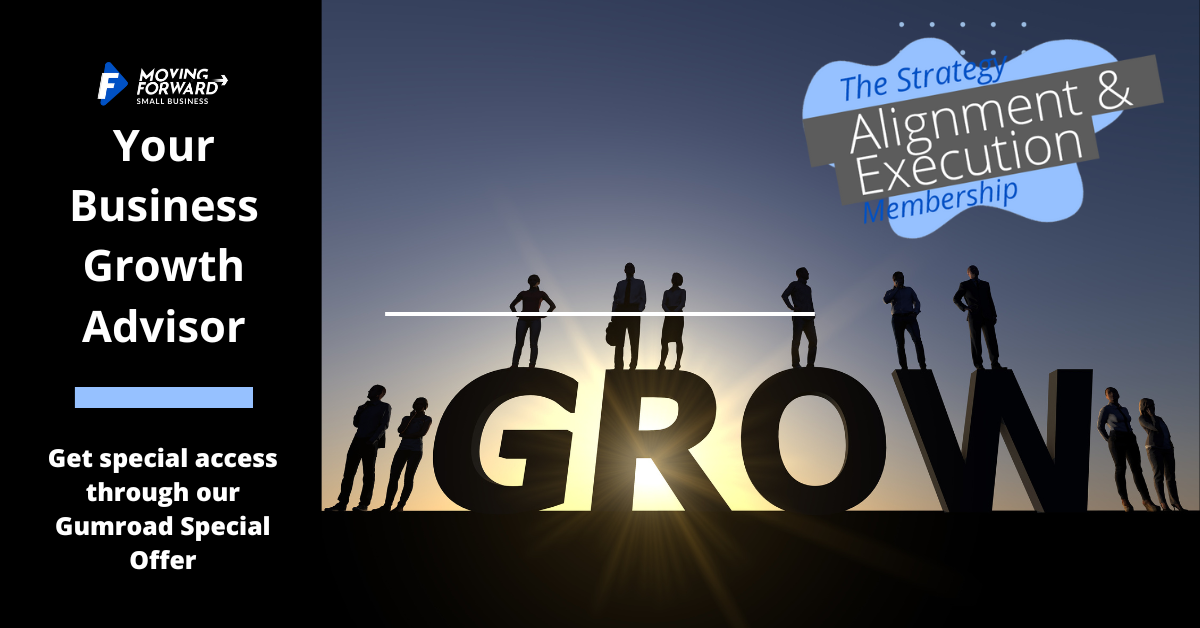Key Highlights
- AI is changing inbound strategies. It helps businesses personalize customer interactions, automate tasks, and get better insights from data.
- Small businesses can compete better with larger companies because AI offers affordable tools for improving efficiency.
- This blog post looks at how to use AI in inbound marketing and sales. It includes important tools and steps for success.
- Find out how AI-powered CRM systems, chatbots, and email marketing tools can change your customer interactions and help your business grow.
- Learn how to add AI to your current workflow and evaluate the ROI of your AI efforts.
- Keep up with the future trends of AI in small businesses and adjust your strategies for ongoing success.
Introduction
Small businesses are always looking for new ways to succeed in strong competition. Artificial intelligence (AI) is changing the game, especially in inbound marketing and sales. This blog post examines how small businesses can use AI to improve their inbound strategies, boost customer interactions, and help them grow over time.
Understanding the Impact of AI on Inbound Marketing and Sales

Traditional inbound methods can work well, but they often need a lot of time, resources, and know-how to get the best results. This is where AI helps. AI offers a strong way to make processes smoother, boost efficiency, and improve customer engagement during the inbound journey. By automating routine tasks, giving useful data insights, and allowing for personalized interactions, AI helps small businesses make a bigger impact with their inbound strategies and get the most out of their marketing efforts.
Defining Inbound AI and Its Relevance to Small Businesses
Inbound AI is the use of artificial intelligence in inbound marketing and sales. It doesn’t aim to reach a huge audience. Instead, it works to attract and engage high-quality leads who want the solutions that a business provides. For small businesses, using inbound AI is now a must to stay competitive. It helps personalize the customer journey, automate marketing tasks, and gather useful data insights. This makes small businesses work better and smarter. With AI, these businesses can see big gains in lead generation, customer engagement, and sales conversions.
How AI Technologies Transform Inbound Strategies
AI technologies are changing inbound marketing in some key ways:
- Automation: Tasks like email marketing, social media posts, and nurturing leads can be automated. This saves time for marketers, letting them focus more on their strategies and creativity.
- Machine learning: AI algorithms look at a lot of data. They find patterns and predict future results. This helps marketers make the customer journey more personal and improve campaigns for better outcomes.
- Improved Customer Service: AI chatbots provide quick support. They can answer common questions and give personalized suggestions, which improves the customer experience.
Key AI Tools and Technologies for Small Business Success

To use AI in their marketing strategies, small businesses should take advantage of tools and technologies that are easy to find. These tools help make tricky AI features simple. This way, businesses of any size can use them. Let’s look at some important AI tools that can help small businesses improve their marketing and sales.
AI-Powered CRM Systems for Enhanced Customer Insights
Customer Relationship Management (CRM) systems are important for handling customer interactions. Adding AI to them improves their capabilities. AI-powered CRM systems provide:
- Predictive Lead Scoring: AI looks at lead information to guess how likely they are to become customers. This helps sales teams focus on promising leads.
- Automated Segmentation: CRM systems can sort customers automatically by factors like age, actions, and buying history. This helps create targeted marketing campaigns.
- Improved Operational Efficiency: AI takes care of tasks like data entry and contact management. This makes work easier and saves time for sales reps.
Chatbots and Virtual Assistants for Improved Customer Engagement
Chatbots and virtual assistants are getting better every day because of improvements in natural language processing (NLP). These AI tools can:
- Provide 24/7 Customer Support: Chatbots give fast help to people visiting websites. They answer questions, fix problems, and make customers happy even when the office is closed.
- Qualify Leads and Schedule Appointments: AI chatbots can talk with website visitors. They can tell if someone is a good lead and set up appointments or demos with the sales team.
- Reduce High Call Volumes: By handling common questions and answering basic issues, chatbots can lower the number of calls for customer service teams. This way, human reps can deal with harder problems.
Implementing AI in Your Inbound Strategy
Using AI in your inbound strategy doesn’t mean you have to change everything about how you work. By being smart and focusing on important areas, small businesses can easily add AI tools and technology to their daily tasks. Here are some simple steps to help you begin.
Steps to Integrate AI into Your Marketing Efforts
- Find Areas to Improve: First, look for parts of your marketing workflow where AI can help a lot. This may include content creation, lead generation, email marketing, or customer service.
- Pick the Right AI Tools: Do some research to find AI tools that fit your needs and your budget. Many simple and cheap options are made just for small businesses.
- Train Your Team: Spend time training your marketers to use the AI tools well. Knowing what these tools can and cannot do is important for making them work successfully.
Leveraging AI for Personalized Email Marketing Campaigns
Email marketing is still very important for inbound strategies. AI can make it even better.
- Personalized Content Recommendations: AI looks at customer data. It then suggests relevant content for email campaigns. This helps increase engagement and conversions.
- Automated Email Sequences: AI can start automated email sequences based on how customers behave. This includes sending welcome emails, reminders for abandoned carts, or follow-ups after purchases.
- Improved Customer Interactions: AI can personalize the email subject line, content, and timing. This makes each interaction more meaningful for the recipient and helps build stronger customer relationships.
Measuring the Success of AI in Your Inbound Activities

Implementing AI without keeping track of its effects is like trying to find your way without a compass. To see a good return on investment (ROI), you need to set clear key performance indicators (KPIs). You should also use analytics to check how your AI projects are doing. Regularly looking at these measurements helps you make smart changes for even better results.
Key Performance Indicators (KPIs) to Track
Customer satisfaction rates, response time to inquiries, and conversion rates are important KPIs for tracking small business growth using Inbound AI. By watching customer interactions with AI tools, businesses can improve their customer service and create a better customer experience. Analyzing the KPIs for the customer journey and operational efficiency helps businesses make smart choices. This can lead to better AI workflows and more effective automation.
Analyzing AI’s ROI in Marketing and Sales
Analyzing the return on investment (ROI) of your AI projects is important. It helps show the value of what you invest in.
- Track Cost Savings: Find out how much money you save with automation and improved efficiency from using AI tools.
- Measure Revenue Growth: Look at how AI affects main activities that bring in money, like getting leads, increasing sales, and keeping customers.
- Evaluate Customer Feedback: Gather customer opinions on their experiences with AI. This will help you understand their satisfaction and find ways to make it better.
Conclusion
In conclusion, using AI in your inbound strategy can change how small businesses connect with customers and grow. By using AI tools like CRM systems and chatbots, you can get better customer insights and engagement. This will help you create personalized marketing campaigns and improve the quality of leads. Keeping an eye on key performance indicators and analyzing ROI will show you how well AI is working for you. Stay updated on new AI trends to stay ahead of the competition. Are you ready to boost your small business with AI?
Join our Strategy Alignment and Execution membership community today and start with our 6+ hours of training on “Inbound Strategies for Your Small Business.”
Frequently Asked Questions
What Are the Initial Steps to Adopt AI in Small Businesses?
Begin by figuring out what your business needs. Look for ways AI can make your operations more efficient. Create a clear plan for using AI. Focus on improving customer service and making decisions based on data.
Can AI Tools Replace Human Interaction in Customer Service?
AI tools are great for managing high call volumes and offering quick help. However, they can’t replace the empathy and understanding found in human interaction. These human qualities are very important for a good customer experience.
How Does AI Enhance the Quality of Inbound Leads?
AI looks at online behavior and data from search engines. This helps marketers find their perfect audience. As a result, they get better inbound leads. These leads are truly interested in what they offer.
Are There Affordable AI Solutions for Small Businesses?
Yes, there are many affordable AI solutions that are made especially for small businesses. These tools support growth and innovation without costing too much.
What Future Trends in AI Should Small Business Owners Be Aware Of?
Small business owners need to keep up with changes in the market. This is especially important as AI-powered personalization and predictive analytics become more advanced. Staying informed helps them adapt and succeed in the future.


